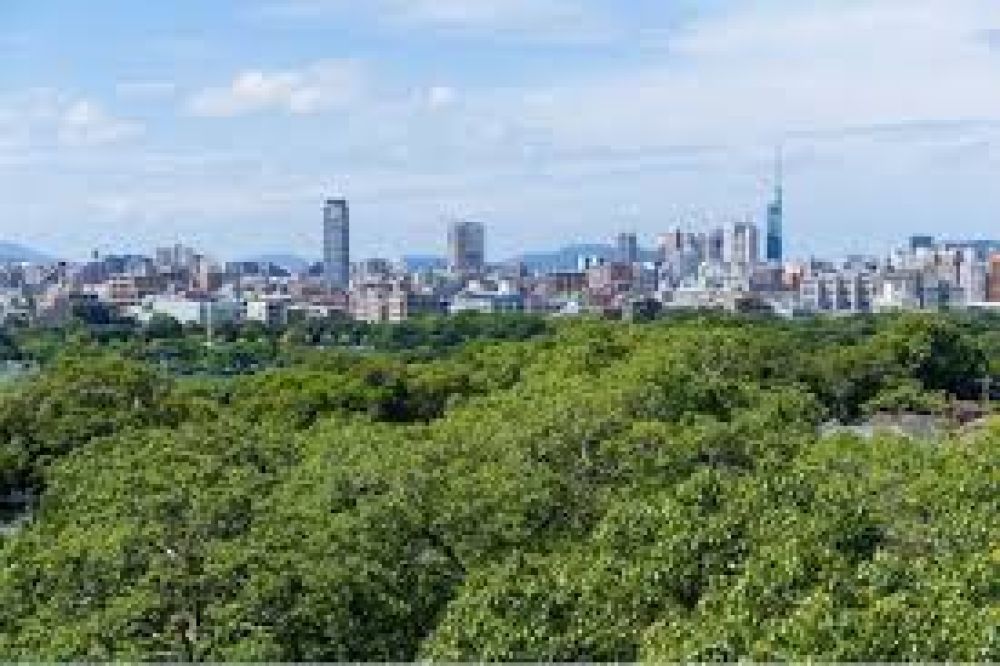

Fukuoka, a vibrant city located on the northern shore of Japan's Kyushu Island, has a rich history that intertwines seamlessly with its development as a popular tourist destination. The city is known for its ancient temples, beaches, and modern shopping malls, offering a mix of traditional and contemporary attractions for visitors.
The area of Fukuoka has been inhabited since ancient times, and its position close to the Asian mainland made it an important gateway for cultural and economic exchange. Fukuoka's rise as a tourism destination can be traced back to the ancient polity of Nakoku during the Yayoi period, where it served as a key port in relations with the Korean Peninsula and China.
During the feudal era, Fukuoka Castle was built, and the surrounding town flourished under the rule of the Kuroda clan. The remains of the castle and the traditional gardens laid out by the lords became some of the earliest tourist attractions for Japanese visitors traveling for leisure and education.
The modern phase of tourism in Fukuoka began to take shape in the late 19th and early 20th centuries. With Japan's opening to the world, Fukuoka's ports continued to play a significant role. The increase in international trade brought more visitors, and the city's cultural offerings such as Noh and Kabuki performances attracted domestic and foreign tourists alike.
In the post-war era, Japan experienced rapid economic growth, and Fukuoka became a regional economic hub. This growth spurred infrastructure development, making the city even more accessible and appealing to tourists. Fukuoka's airport, seaport, and railway stations became important transportation hubs connecting travelers to other destinations in Japan and beyond.
Today, Fukuoka is a cosmopolitan city known for its youthful energy, modern amenities, and rich history. Attractions like the Fukuoka Asian Art Museum, Ohori Park, and the bustling Tenjin and Hakata districts draw in visitors. The city's proximity to other Asian countries has also made it a popular first stop for tourists entering Japan.
In recent years, Fukuoka has embraced sustainable tourism practices, recognizing the need to preserve its natural landscapes, such as the iconic beaches of Itoshima. The city's famous yatai (street food stalls) are now part of the experience for many international food enthusiasts seeking authentic Japanese cuisine. Additionally, with the increasing popularity of remote work, Focaasuka has started to attract digital nomads interested in its unique combination of city life, culture, and calm urban spaces.
With its harmonious blend of history, culture, and modernity, Fukuoka continues to be a testament to Japan's evolving tourism industry, balancing the preservation of its rich heritage with innovation to cater to new trends and the global traveler's needs.